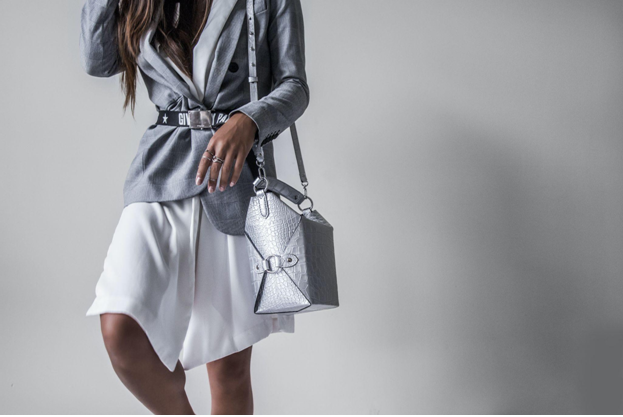Fast fashion has to end, somehow or another. It isn’t just because it is polluting the planet with its carbon emissions or the tons of waste it generates, but also because of the amount of exploitative labor that it employs.
Labor isn’t something that is hugely highlighted in the media – why should it? Marketing strategies try their best to highlight why consumers should continue buying so the truth often gets buried in the noise of promotional items. But brands such as Burberry all the way down to Uniqlo and the recent fast fashion mogul, SHEIN, have all been accused of exploitative labor.
SOS notes have been found in parcels, but this phenomenon isn’t just restricted to the fashion industry. While clothes seem to have the most prevalent backlash in recent years, consumers have found these pleas for help from all sectors of retail.
While many people might wonder what they could do to help, in the case of Yulia and Andrey Omelich, they founded CODOGIRL in a bid to change the culture and demand for fast fashion. By giving new life to vintage pieces, CODOGIRL aims to become a sustainable fashion company that doesn’t contribute to the 10% of the current carbon footprint that the fashion industry currently contributes on a yearly basis.
“Ten percent might not seem like a lot, but the fashion industry has grown over four hundred percent in just the last 20 years. If this keeps up, fashion may just be the very thing that kills our planet,” explains one of the founders, YuliaOmelich has been working hard to change the mindset of following trends blindly.
Consumerism has brainwashed our society into thinking that we need to always get what’s new and fresh, but thrifting and refashioning are meaningful alternatives that can go a long way. Instead of buying a brand new pair of jeans, an article of clothing notorious for the amount of carbon that it emits – approximately 73 pounds of CO2 per pair – and using up 7000 liters of water, consumers should be encouraged to buy from refashion options.
CODOGIRL isn’t just about sourcing preloved items and reselling them, but they create new pieces of clothing from designer vintage garments or bags with pre-existing materials, so they aren’t emitting any additional emissions into the environment, but consumers will still get something which is brand new.
CODOGIRL is one of the exclusively selected participants of United Nations Climate Change (UNCC) and has been a Signatory of the Fashion Industry Charter for Climate Action since the 22nd of April 2021.
“We should stop thinking in terms of monetary prices when we look at apparel or accessories, but rather, what it costs the planet to produce this particular product. We are also trying to redefine what ‘brand new’ means. There are many brands that are recycling textiles in their line of clothing and while that’s a good start, it’s not enough. Consumers need to be more aware of what they are buying and the consequences of each purchase,” concludes YuliaOmelich.













